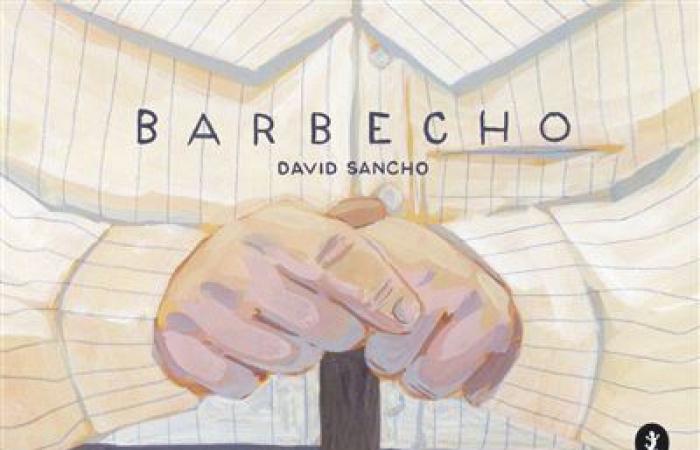He went fed up with promises,
fed up with good words
And now it must be lost
For somewhere in the MAPa.
José Antonio Labordeta
when in 2016 the writer Sergio del Molino published his essay Empty Spain. Journey through a country that was neverCalamo prize to the best book of the year, it was as if someone had thrown a stone in the depopulation pond whose waves have not stopped expanding until today.
It is a demystifying book, uncommon with that merely nostalgic look with which, from urban civilization, sometimes that supposed lost paradise of the rural world is contemplated … And in Arcadia I. Del Molino makes it clear that such paradise never existed, that reality was much more prosaic: he speaks of a weakly weak Spain, a subsistence agriculture and a hopeful peasantly impoverished and subjected to the most powerful. All this, together with the failure of Franco’s autarchy, led to the massive population displacement of the countryside to the cities that occurred in the fifties and sixty of the last century.
Sergio del Molino’s words are hard and sharp, but no less necessary: «The inhabitants of this empty Spain feel abandoned to their fate. Many are resentful. They invent a past full of life and children and people. […] But the truth is that empty Spain was never full. […] Depopulation exists, it is a confirmed phenomenon, but the perception of emptying has more to do with a stagnant population, while in urban areas it has grown brutally, unprecedented historical.
However, in current Spain, delivered with frenzy to consumerism of the digital revolution, it still resonates the echo that links many of its inhabitants with those small locations that their parents or grandparents had to leave. It is difficult to escape the emotion that causes songs by José Antonio Labordeta as The old woman, Everyone repeats the same o I will return home. Maybe it’s because, as Joan Manuel Serrat wrote in his White people“The dead are in captivity and do not let us out of the cemetery.”
In this backdrop of a Spain about to disappear it is on which the young cartoonist David Sancho Novellón (Teruel, 1997) has woven the warp of his comic FallowFnac-Salamandra Graphic 2024 Award. In the words of the author himself, «Fallow In part, of giving voice to that internal debate between staying or leaving. Raise the question of why the people who have done it and why not the one that does not. […] Reflect on which reasons have taken us to the inhabitants of Spain emptied to always have to choose.
-David Sancho’s vital trajectory is a perfect example of what explicit in his work. Born in the capital of Turolense, although descendant of the small town of Pancrudo, he graduated in Fine Arts at the Polytechnic University of Valencia and expanded his studies in Barcelona, a city in which he has been based.
The arduous task of documentation undertaken by the author is impressive, with the intention of ordering and completing the stories he had heard during his childhood. There have been the main sources with which he has been able to count: the little magazine of the Pancrudo Cultural Association “El Calabozo”, the newspaper library Diario de Teruel and the oral testimonies of friends and family.
From this material, Sancho has ordered his work in four parts, “sowing”, “harvest”, “tillage” and an unnamed final coda, for which we see the life of the protagonist, Emilio, accompanied by his family and friends. Emilio grows in a town full of life, attends the Francoist school when the tasks of the countryside are allowed, sees how his best friend, Vidal, part of emigration towards Catalonia and attends unpacked to the progressive closure of houses and businesses, until he stays as the sole inhabitant of the place.
In the story the traditional enemies of the inhabitants of the field appear (the rigors of the climate and the bad harvests), but also the new threats that condition a hypothetical future (the “vulture” funds that cope with the land market, the wind and photovoltaic parks that ruin the landscape, or the progressive deterioration of public services). In spite of everything, the book closes with a note of hope, when Emilio, in his last conversation with Vidal, pronounces these words: «Maybe this people are in fallow waiting for the rains to germinate again. Don’t you think? “
Formally, Sancho’s work stands out for the wise combination of the intense use of color, used in the present of the narrative, while for the backward jumps use a gray scale, of faded colors, which help make a difference in the timeline. It can be said that, on many occasions, the artist draws with the color rather than with the line and with it weaves a network in which the reader’s attention catches powerfully.
Author of «Víctor Mora. With French accent »(Acyt Ediciones, 2023);






